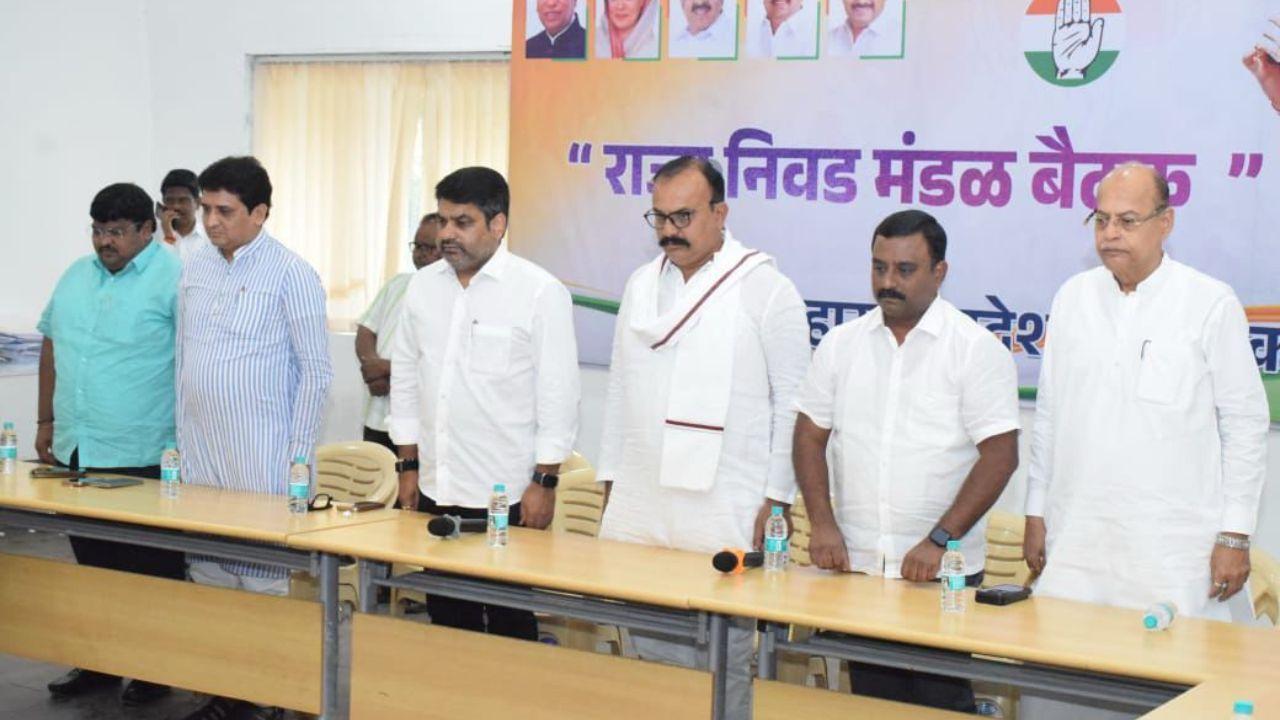Following a spate of human-leopard conflict incidents in Pune district that led to injuries and loss of life, a video has gone viral on social media showing a woman working in a field while wearing a metal spike collar around her neck.
Experts have raised concern that such metal collars could harm both the wearer and the leopard. The Forest Department has clarified that it has not distributed any metal spike collars. Instead, it has provided protective collars made of engineering plastic spikes, which are designed to be safer.
Forest department providing protective collars made of engineering plastic spikes. Pics/By Special Arrangement
The viral clip reportedly shows a man and woman in a sugarcane field wearing metal collars in an attempt to protect themselves from leopard attacks. Leopard sightings typically increase during the sugarcane harvesting season, as the big cats often take refuge in the dense fields with their cubs.
Neha Panchamia, founder and president of RESQ, said, “It’s understandable that fear and misinformation can push people to take extreme measures. But metal collars with sharp spikes pose serious risks — they can injure the person wearing them, cause infections, or even provoke an aggressive response from a leopard. The forest department’s plastic spike collars are a science-based, humane deterrent meant to protect both people and animals. The focus should be on awareness, proper use of deterrents, and preventing encounters — not fear-driven actions.”
Wildlife conservationist Kedar Gore of The Corbett Foundation added, “Such collars are unlikely to be a long-term solution. People won’t wear them all the time. The best way forward is to avoid going out during dawn, dusk, and night hours; not venture alone in areas known for leopard presence; improve lighting; use toilets instead of open defecation; carry high-beam torches or sticks for safety; and ensure increased forest patrols. Complacency is dangerous — staying alert is essential.”
In November last year, mid-day had reported that, to reduce human casualties in Junnar, Pune district, the forest department had begun providing tents and was planning to distribute spike collars made of engineering plastic for additional protection. So far, around 3300 protective collars made of engineering plastic have been distributed to farmers.











